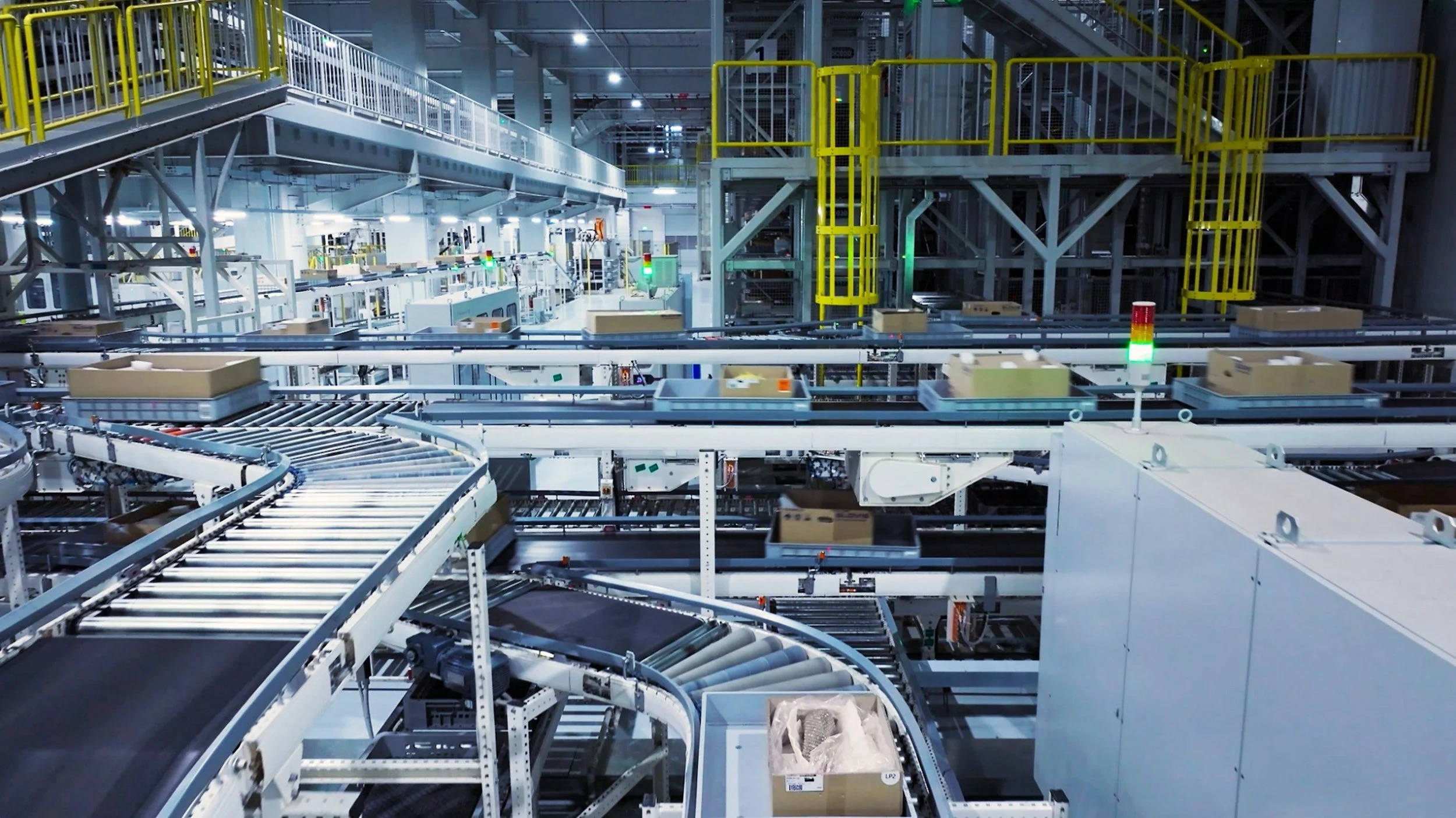Why A Drain Inspection With Camera Is A Smart Move?
By PAGE Editor
If you're having trouble with slow or blocked drains, an expert drain inspection using cameras is highly advised. As per experts like The Relining Company, this technology allows plumbers to assess the interior condition of pipes and pinpoint any problems causing issues. Below we'll explore key reasons a drain inspection with camera is advisable for homeowners.
Gain Visibility of the Inside of Pipes
The biggest advantage of a camera inspection is it lets you actually see inside drain lines. This is invaluable for diagnosing issues accurately. Tiny drain cameras on flexible cables are inserted into pipe runs. Real-time video is transmitted to screens for analysis. Homeowners can check the footage too and gain peace of mind knowing the inner status. Without camera technology, plumbers would have to guess the causes blindly.
Identify Exact Locations of Clogs
If you are able to observe the inside pipes where they are, the exact location of obstructions is obvious. The video will clearly show the location where blockages caused by dirt and roots, blockages from grease and collapsed sections. are positioned. This gives plumbers the ability to identify the problem right immediately for repairs or cleaning. In other cases, finding the blockage's cause could require a lot of trial and trial and.
Assess Condition of Pipes
Inspection footage also reveals the condition of pipes throughout the entire system. Plumbers can look at areas that are damaged, such as cracks, fractures and damaged joints, corrosion, and much more. If repairs are required, the video footage will show the areas that are affected. This can help develop a specific strategy.
Determine if Pipes are Aligned Correctly
The videos also verify alignment and pitch of pipes. Any spots that settled incorrectly and have improper drainage slopes or sags are identified. Sections that may have shifted or collapsed become obvious too. This is invaluable data for determining necessary pipe repairs and realignments.
See Condition of Laterals to Municipal Sewer
Main drain lines aren't the only important component - lateral lines carrying waste from your property to the municipal sewer must also be inspected. Camera technology allows for visibility of their state and any separation issues which allow for infiltration. Damaged laterals can cause major line blockages.
Avoid Unnecessary Excavation
Finally the camera drain survey will often avoid the difficulty of digging. If the footage from the camera shows small joint clogs or repairs, plumbers are able to solve the problem without digging. The insights gained allow surgical solutions rather than resorting to disruptive exterior sewer line excavation.
Detect Intruding Tree Roots
A common cause for blockages in drains is tree roots which penetrate pipes from the outside. Camera inspections clearly reveal the visible root system that has invaded and requires removal. If the roots are extensive or extensive, more complicated solutions like drain relining might be needed. However, the camera permits assessment of how extensive the problem is.
Evaluate Work Completed
Additionally, a camera survey can also help evaluate the drainage after cleaning or repairs are completed. The video footage allows you to visual proof that obstructions were completely cleaned, pipe alignment was properly corrected, joints were sealed well, there was no debris left behind, etc.
It gives high-quality assurance and evidence that the service has restored drains in good working order.
Conclusion
If you're a homeowner who is facing any kind of drain issue an inspection with a camera is strongly recommended. The clarity and information it gives plumbers allow them to pinpoint and solve issues quickly and precisely. Make use of this technology before problems get worse.
HOW DO YOU FEEL ABOUT FASHION?
COMMENT OR TAKE OUR PAGE READER SURVEY
Featured









Navigating fertility treatment is challenging enough without the added confusion of insurance coverage and legal protections.